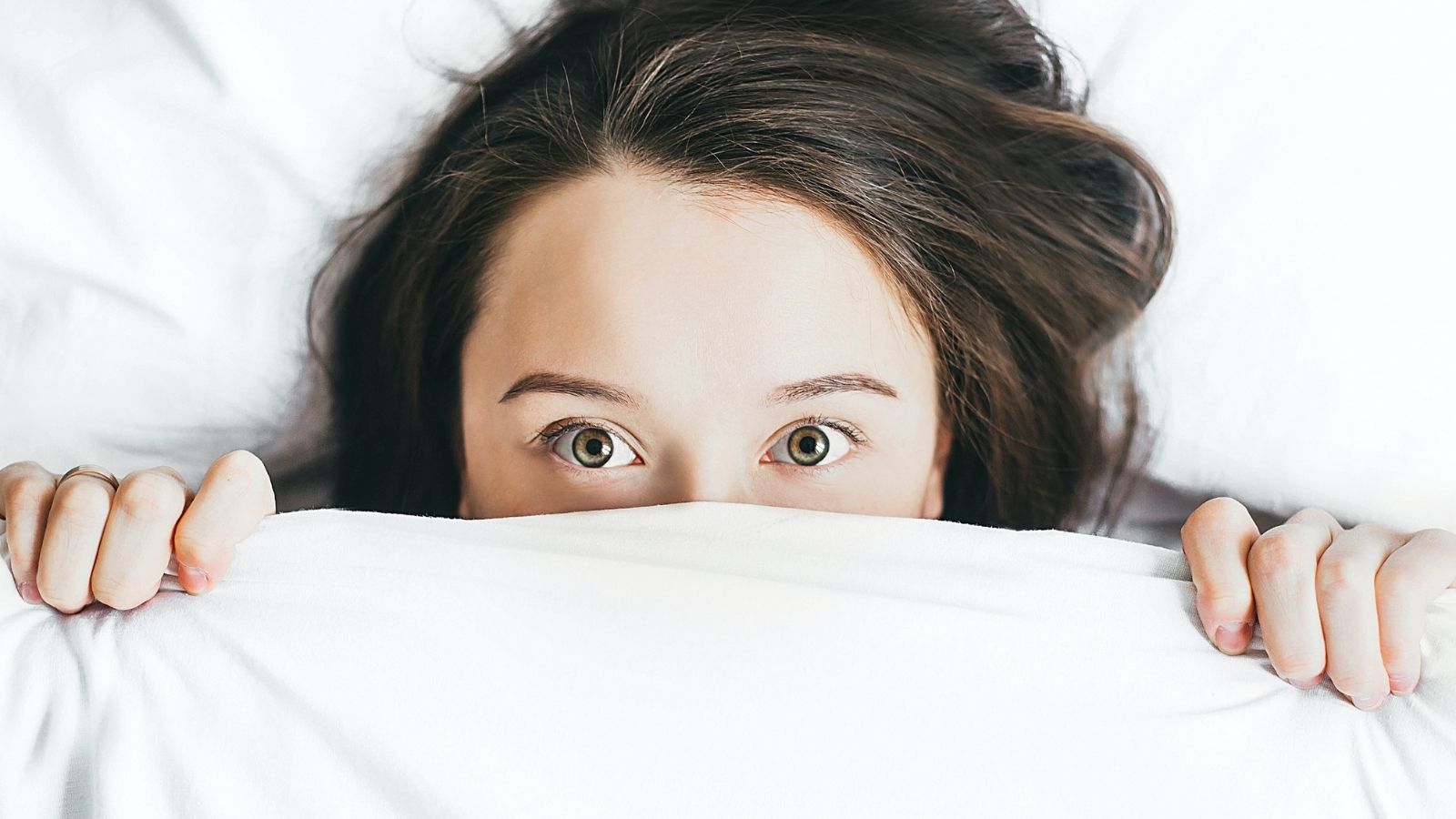
The third trimester of pregnancy can be quite a challenge for expecting mums. Your body goes through extreme changes all of a sudden, which can cause several issues. General pain and discomfort can lead to insomnia. Weight gain, the increased need to urinate, and pressure of the foetus on your joints, muscles, and blood flow can influence your sleep. Sleep-related changes during the third trimester can make everyday tasks harder to manage. They can also cause other problems like preeclampsia and preterm birth.
Studies show that sleep problems in late pregnancy can also result in longer labour times or caesarean sections. Hence, a good night’s sleep is extremely important for you and the well-being of your baby. To help you sleep better, you need to know how your sleep has changed and what you can do about it.
Causes of insomnia in late pregnancy
- Back pain and discomfort
More than half of pregnant women suffer from lower back pain, often accompanied by sore muscles. Sleep disturbance due to back pain is more common in pregnant women with higher levels of anxiety and depression.
- Sleep apnoea and snoring
During pregnancy, a significant number of women develop snoring or sleep apnoea issues. While this condition is usually benign, it can be a warning sign of more severe health conditions. Sleep apnoea can increase the risk of maternal morbidity and is correlated with gestational diabetes. Snoring is correlated with higher blood pressure levels and preeclampsia.
- General sleep disruption
Insomnia in late pregnancy is commonly caused by depression, anxiety, foetal kicking, night-time awakening, disturbing dreams, and pain and discomfort due to the baby bump. Expecting mums also experience sleep disruption due to frequent bathroom breaks caused by foetal weight against the bladder.
- Heartburn
In late pregnancy, your digestive system slows down. This causes the digestive acids to come back up, causing a burning sensation in your chest. Many mums-to-be develop heartburn in the last trimester, making it harder for them to sleep.
- Leg cramps
Research shows that 33% of pregnant women find it harder to sleep due to Restless Leg Syndrome. In the third trimester, mums-to-be often experience uncomfortable sensations that cause an irresistible urge to move their legs. It happens more often when the body is at rest, making it hard to fall asleep. Several women also experience night-time leg cramps.
Tips to sleep better
Expecting mums can sleep a lot better during the third trimester by following good sleep hygiene, safer sleeping positions, and the recommended intake of vitamins and minerals. In addition to that, small changes in your routine can help you get a good night’s sleep.
-
Avoid exercising in the late afternoon or evening to prevent leg cramps.
-
Take a warm bath before bed to relax your mind and body.
-
Prepare for a good sleep by keeping your bedroom cool and dark.
-
Avoid distractions in your bedroom. Leave the TV off and avoid using cell phones before going to bed.
-
Sleep on your left side. It improves the blood flow to your uterus.
-
Use extra pillows to support your body. Prop a pillow between the legs, tuck it into the small of your back, or lay it under your belly to get better support.
-
Prevent heartburn by eating smaller meals and avoid eating right before bed.
-
Light stretching exercises or mineral and vitamin supplements can help you deal with leg cramps or restless leg syndrome. Consult with your GP before taking any medications.
-
Avoid fatty and spicy foods.
-
Stay hydrated during the day and avoid drinking water before bed.
-
When nothing else works, compensate for the lost night-time sleep by taking short naps during the day.
Photo byAlexandra Gorn onUnsplash
Further Reading:
https://www.healthline.com/health/pregnancy/third-trimester-weight-gain#insomnia
https://www.sleepfoundation.org/pregnancy/sleeping-during-3rd-trimester


